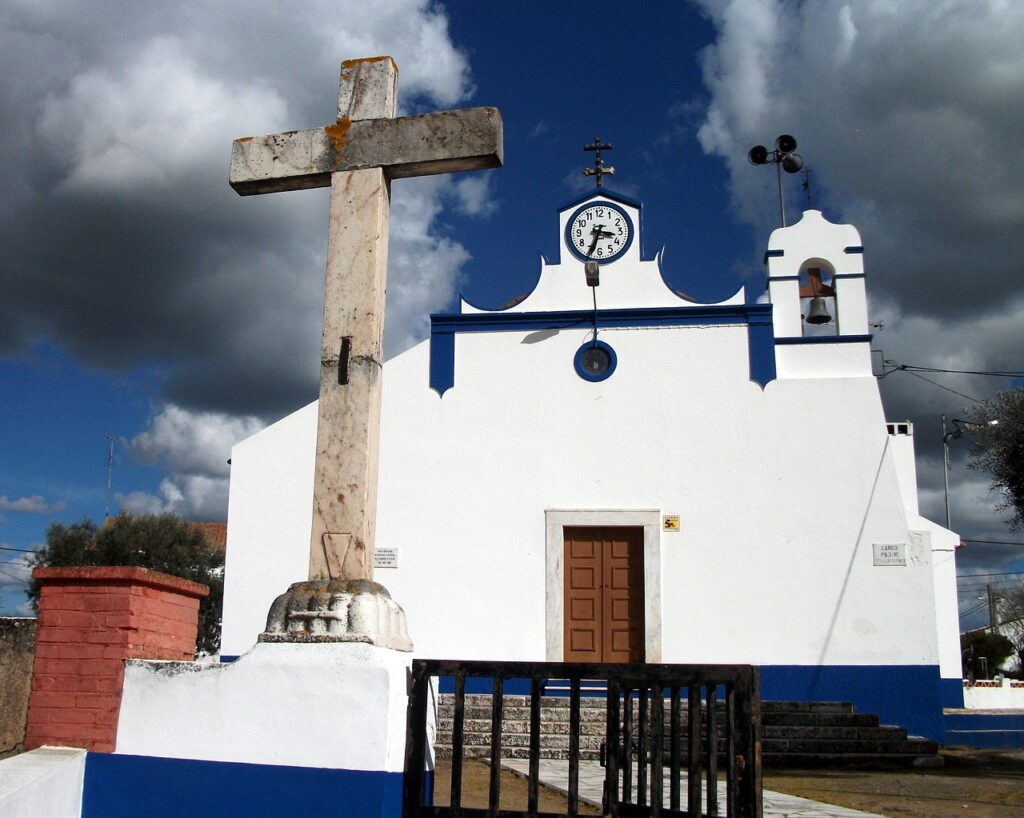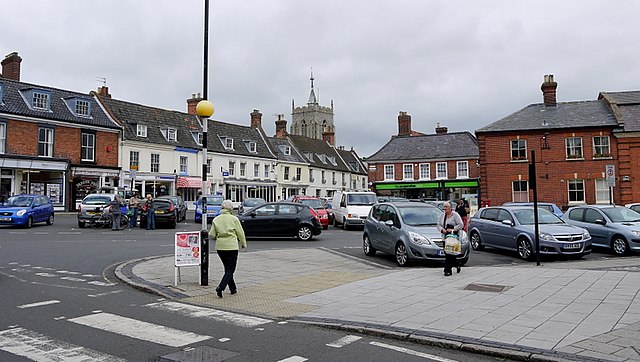Blog
Important Portuguese Customs and Traditions

Almost three-quarters of a million Britons now live in Portugal, according to the Mediterranean country’s Foreigners and Borders Service – and the figure has been rising for the past six years. Many people (and not just the British) are opting to retire here, attracted by the warm weather and relaxed lifestyle.
However, there are one or two things which will be different if you are considering moving house to Portugal. Here Hamiltons Removals, who can help with removals to Lisbon, Porto, and all parts of the country, outline a few of the customs and traditions which foreigners will need to get used to.
The Personal Touch
The Portuguese are a tactile and friendly people and stand quite close to one another when they talk to one another. They also occasionally touch each other during a conversation, which may be difficult for some foreigners (and particularly the English) to get used to if you are used to preserving your own personal space.
Personal greetings are more in line with UK norms – men shake hands while women kiss each other on each cheek. And in rural areas people are more familiar with each other than in the towns and cities.
Public Holidays Differ
Some public holidays are roughly in line with the UK and the rest of Europe. For instance, Easter is celebrated over four days, from Good Friday until the following Monday (although the Monday is not a public holiday, many people take the day off to be with friends or family). Christmas Day and New Year’s Day are celebrated as in many other countries and cultures.
However, there are a number of public holidays which are markedly different to those in the UK and elsewhere. Some are political or personal; for instance, Portugal Day on June 10 marks the passing (in 1580) of Luis de Camoes, a poet and national literary icon; and October 5 is Republic Day, which marks the end of the country’s monarchy in 1910.
Other holidays are regional and not national. For instance, July 1 is Madeira Day, as this was supposedly the day in 1419 when the Portuguese island was sighted by explorers for the first time.
The Importance of Religion
A number of public holidays are on the calendar because of their religious connections, as Portugal is a Catholic country. These holidays include the Day of the Immaculate Conception on December 8, and August 15 is Assumption Day – both important elements of the Catholic religion.
More generally, many Portuguese people – and particularly the older generations – attend Mass regularly and the religion plays an important part in their everyday lives.
Food and Festivals Go Hand in Hand
The Portuguese also celebrate individual saints’ days with festivals (although they aren’t usually public holidays) – and food and drink are important parts of that. For instance, St Martin’s Day on November 11 is also the occasion when that year’s new wine is tasted.
In June, the official days of Saints Anthony (12th-13th), John (23rd-24th), and Peter (28th-29th) take place. As part of the festivities, sardines are grilled in the streets, and revellers enjoy caldo verde, a traditional potato and collard greens soup topped with chouriço, a spiced sausage.
They Like their Art and Culture
Three Portuguese cities – Lisbon, Porto and Guimareas – have all been European Capitals of Culture in recent years. But, even at a local level, the Portuguese appreciate their art and literature, and most towns have their own art exhibitions and festivals. There’s also a rich literary tradition – as well as Luis de Camoes, Fernando Pessoa and José Saramago are two of the more influential European writers of the 20th century.
Music is also an important element of Portuguese life. This manifests itself primarily in the form of fado, a folk music genre which translates as ‘destiny’ or ‘fate’. This is popular across the country, but the style varies from region to region. In the Portuguese capital Lisbon, the music is quite up-tempo but in many of the provincial or rural areas it’s more downbeat.
Moving House to Portugal with Hamiltons Removals
Hamiltons can help if you are considering removals to Lisbon, Porto, Evora, Albufeira, Aveiro and any other destination in Portugal. Our fleet of vehicles can take your possessions through the Channel Tunnel and effectively from door to door.
As with our shipping moves, you can choose to have a dedicated service, where you have exclusive use of one or more vehicles; or a part-load or groupage service, where your possessions will be part of a shared consignment.
We also offer commercial removals to Portugal, and we can combine this with a domestic removals package if you need to move employees at the same time. For more information, follow this link. And if you have any questions about any of our services, you can call us on 01379 855203.
Removals to Aylsham with Hamiltons Removals

Aylsham has been named as one of the best places to live in Norfolk by the Sunday Times – it’s ideally placed for not just the coast and the Broads, but the city of Norwich as well. Here Hamiltons Removals, who offer house removals to all parts of Norfolk, look at the town’s history and current facilities – and how we can help you to move there.
The History
There is some evidence of Roman and Anglo-Saxon settlements on the site of the current town, which was granted a licence to hold a market by King Henry VIII in 1519. This is a tradition which continues to the present day.
Aylsham owed its growth to the textile industry – particularly linen and cloth – and, in medieval times, it also hosted hiring fairs (a form of open-air labour market) and horse fairs as well. The River Bure, which the town lies on, helped with the town’s trade and prosperity was used for the transport of grain, coal and timber from the 18th century onwards. (The river, which ultimately runs into the North Sea, is now only navigable from Coltishall).
Another factor in the town’s expansion was the fact that it served as a major stopping-off point for travellers between Norwich and Cromer – the Black Boys Inn was a coach house between the two. The Grade II listed building in the town’s marketplace is still going strong as a pub and restaurant today.
John of Gaunt, the famous nobleman and military leader, is the figure who appears on the town sign. This is because he was Aylsham’s Lord of the Manor in the 14th Century – even though there’s little evidence he ever actually visited Aylsham.
The Town Today
The Aylsham of today doesn’t have a livestock market any longer, but it does have a monthly farmers’ market as well as its two regular weekly markets. There are also plenty of independent shops, although two supermarkets have been built on the Norwich Road. The Dunkirk industrial estate is home to a number of small businesses.
Aylsham is now a Cittaslow town, and it was one of the first in the UK to receive the accolade. This organisation was founded by Italian migrants who wanted to promote the joys of rural life across the UK (the word Cittaslow actually translates as ‘slow city’) and it has backed a number of initiatives in the town. It sponsors the farmers’ markets, organises the town’s annual Slow Food Festival in the autumn, promotes sustainable transport and co-ordinates Aylsham litter-picks.
Transport
The Norwich to Cromer road, which used to carry horse-related traffic, is now the route of the A140 which bypasses the town. Aylsham used to have a railway station, but this closed in the 1950s – instead there is a narrow-gauge heritage line, the Bure Valley Railway. This runs services to nearby Wroxham and is particularly popular with tourists and steam train enthusiasts.
The town also has a half-hourly bus service which runs to Sheringham to the north and Norwich to the south. However, many people commute into Norwich for work by car.
House Prices in Aylsham
A number of estates, notably Bure Valley and Willow Park in recent years, have seen the population of the town rise from just over 6,000 in 2011 to around 8,700 in 2021. This has also increased the variety of the types of homes coming onto the market.
Its proximity to both the city of Norwich and the North Norfolk coast means it’s one of the more popular places in Norfolk to live. Apart from the Sunday Times accolade, The Muddy Stilettos website, which offers a feminine perspective on rural life, also rated Aylsham the best place to live in Norfolk this year.
This desirability and popularity of the town may be reflected in Aylsham’s property market – according to property portal Rightmove, the average house price is £332,000, which is around £15,000 more than the Norfolk average.
Moving House to Aylsham with Hamiltons Removals
If you are interested in moving house to Aylsham, then we, as a leading house removals company based in Norfolk, can get you there; our local knowledge means we know all the local roads and routes.
We pride ourselves on our quality of service and can offer a number of optional extras, whatever part of the world you are coming from. These include removals insurance, packing and unpacking your belongings, and we can move large and specialist items too.
You can start the whole moving process by either opting for one of our video surveys or choosing an online quotation. You can also call us on 01379 855203.
Image: Jonathan Billinger/Geograph.org.uk











